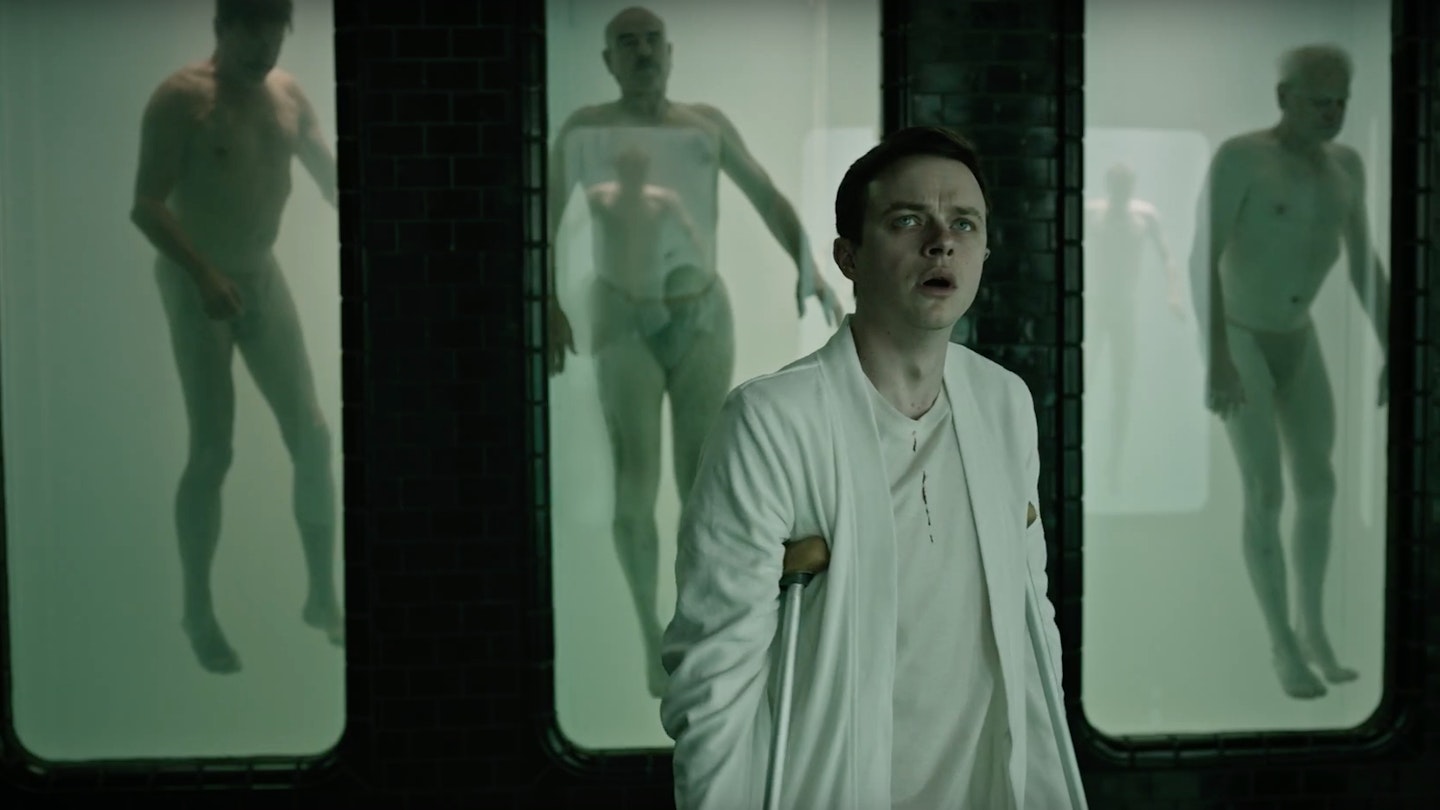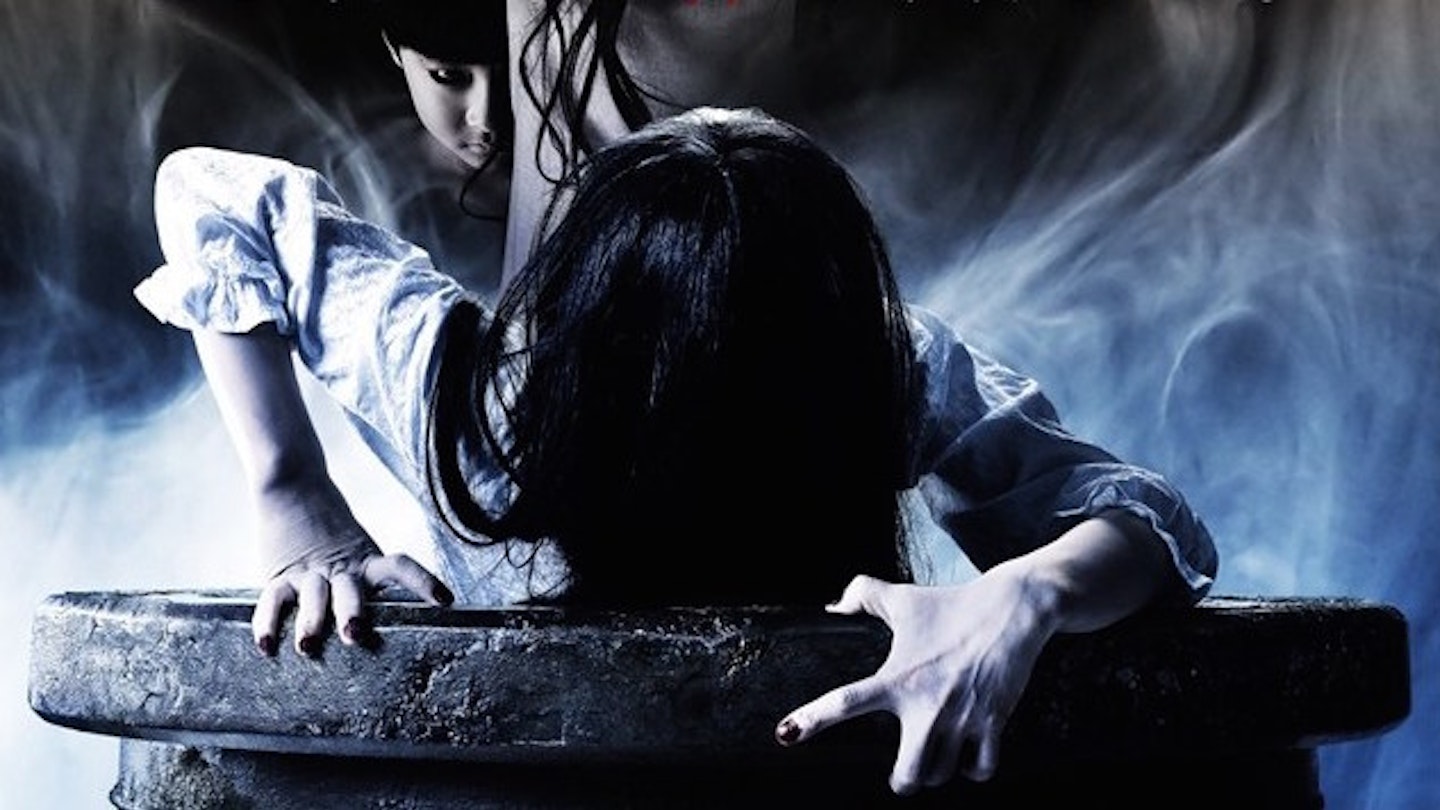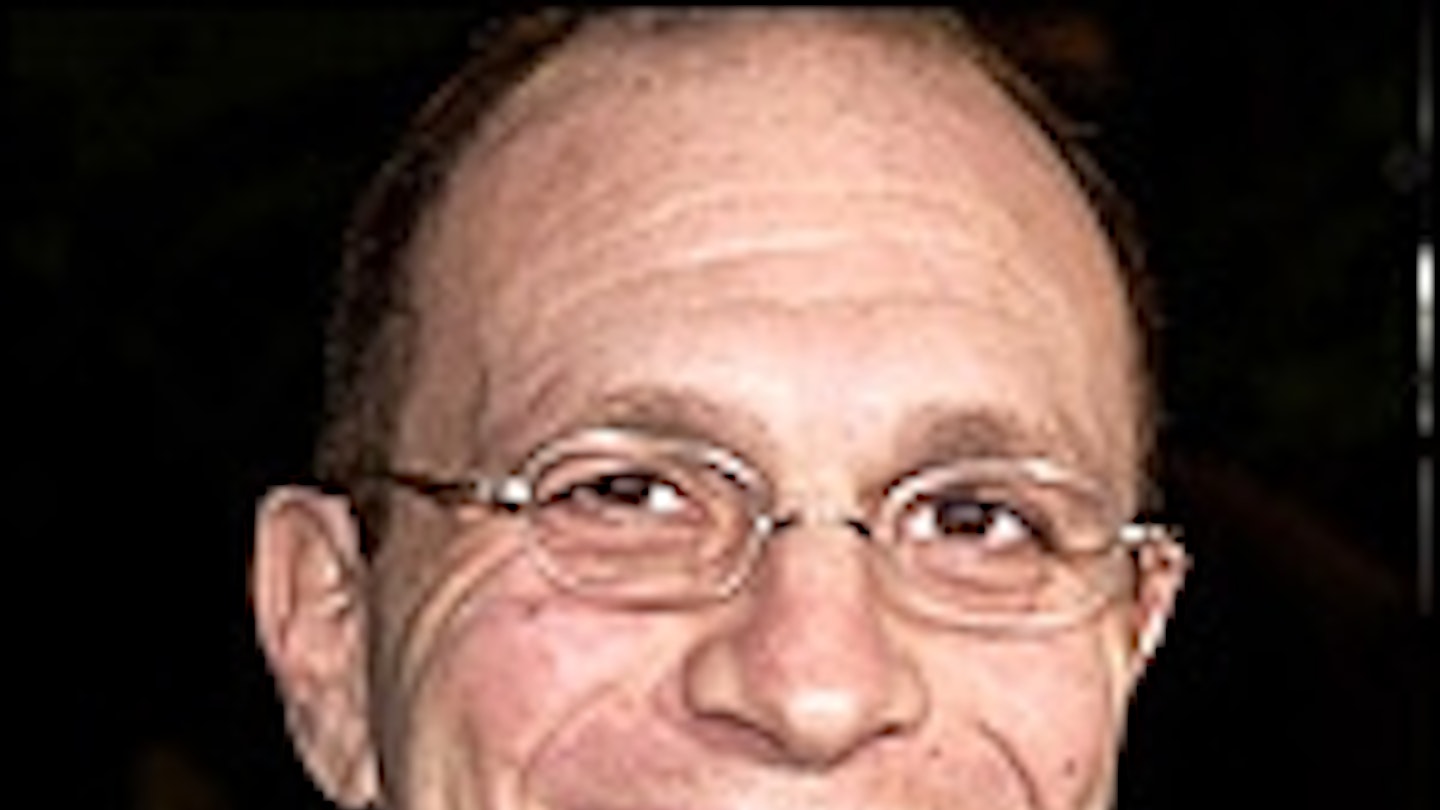Let's cut right to the chase: if you've seen the Japanese original, you can knock a star straight off the four below. Put simply, this isn't a patch on Hideo Nakata's sublime, low-budget, 1998 horror movie of the same name. Anyone, for instance, who has never looked at a TV in the same way since that freaky chick crawled out of the gogglebox will no doubt bemoan the update's poor CG replacement in its Identikit scene.
That said, in terms of the 'Hollywood remake', this is about as solid as the sub-genre gets. It's a wholly justifiable sleeper hit - an $11 million opening weekend in the States blossomed into an overall gross of $123 million - and marks a terrific follow up to Mulholland Dr. for future superstar Naomi Watts.
If the plot seems to veer near the ludicrous, then fear not; the odd thematic wobble apart, Verbinski's execution builds from a wonderfully tense, although undeniably Scream-inspired, pre-credit sequence towards a final reveal well worth the wait.
Watts is superb as the single mother forced to re-team with her ex, Henderson, to battle the ultimate in 'deadlines', and some of Kruger's tinkerings with the screenplay (the horse on the ferry sequence) zip things along nicely. Other bits, however (what the introduction of Brian Cox's character adds is anyone's guess) come across as lazy padding.
Actually, Kruger's task here must have been something of a tough gig. For starters, the fact remains that transferring a Japanese urban legend to modern-day Chicago often doesn't convince. Age-old mythology is, after all, more believable coming from the rich historical tapestry of The Land Of The Rising Sun than the land of peanut butter and Jell-o.
Similarly, sending his heroine on a quest that adds at least two unnecessary locations and four bit-parts to the fantastically lean Nakata version drags out a running time that threatens to spiral out of control. And, as for changing the ending, well, that's daft.
All this aside, Verbinski and co. had such a terrific template from which to work that it's little wonder the result is a traditional horror that shows recent pretenders to the throne - My Little Eye, Deathwatch - how it should be done.
Rick Baker's gruesome effects, primarily in the shape of the victims of the mysterious video tape - mouths agape in frozen shrieks of terror - are relegated to the sidelines, hinting (as opposed to sticking on a plate) at the horrors inherent in the killer VHS. And even though it's not unreasonable to assume that much of this was more to do with securing a PG-13 with the MPAA (15 certificate here) than any qualms of artistic integrity, either way the effect is a cracker: a squirm-inducing tale of bone-chilling suspense.
In fact, just when Watts' investigation has taken you so deep into the country you've forgotten all about the videotape, her adversary turns out to be one of cinema's most unrelenting, unreasonable, plain uncontrollable baddies ever. And if you thought The Sixth Sense's twist was a doozy, then here's a comfortable silver medal in the shock stakes.
Besides, if Nakata has any bones about being ripped off, then he should bear in mind his forthcoming Dark Water - itself such an outrageously petrifying plagiarism of Don't Look Now that one can only hope Nicolas Roeg is currently swanning about in the Caribbean on the yacht bought with his royalties.
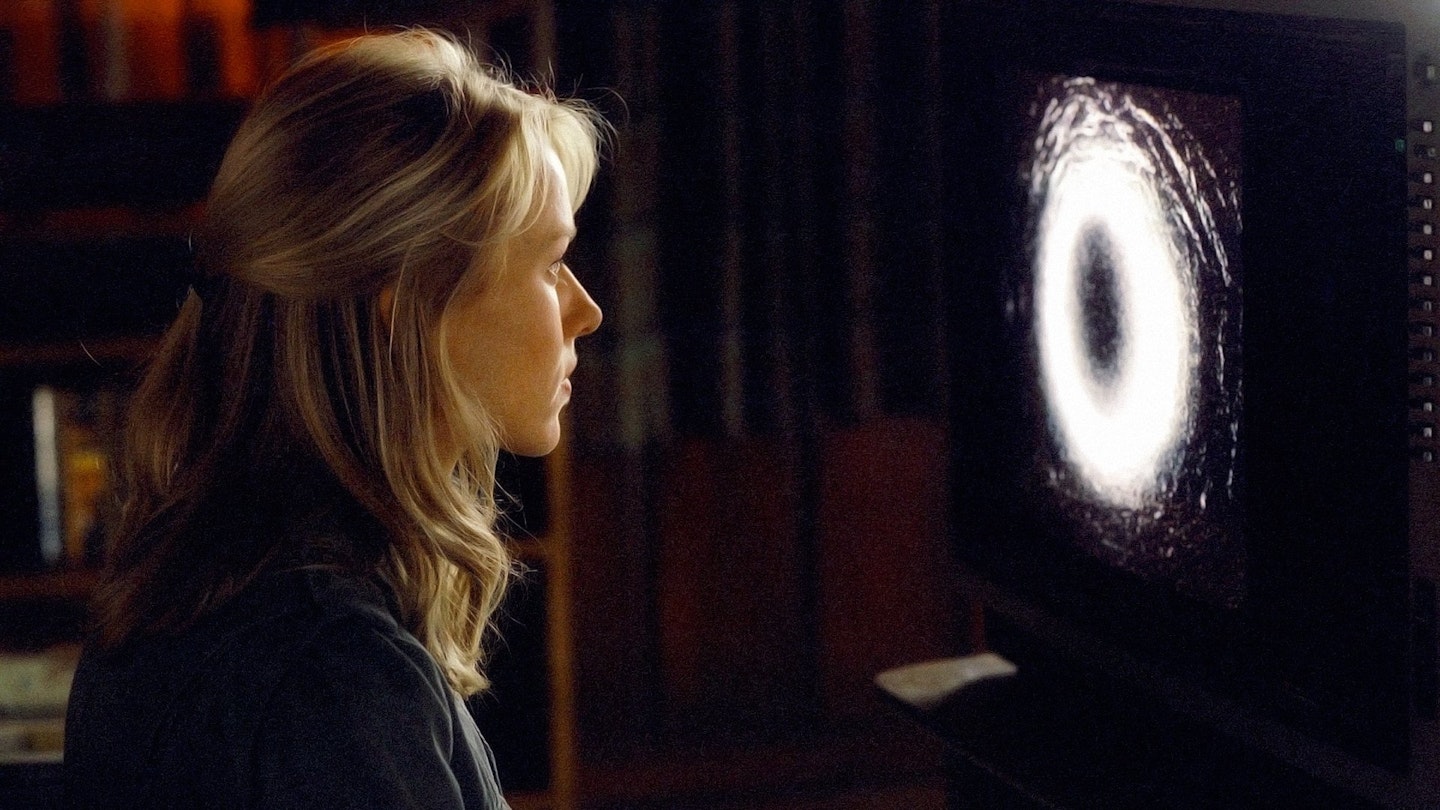
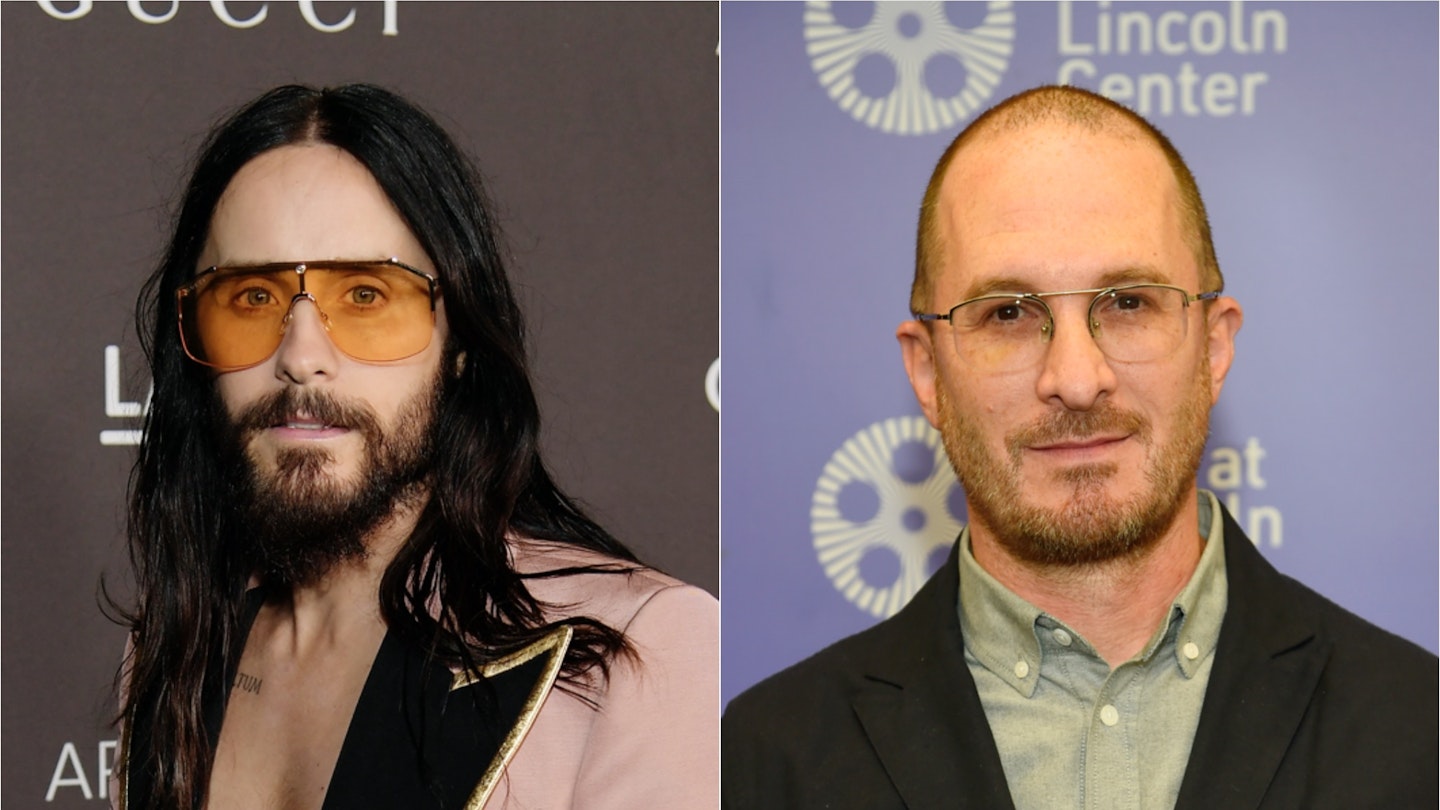
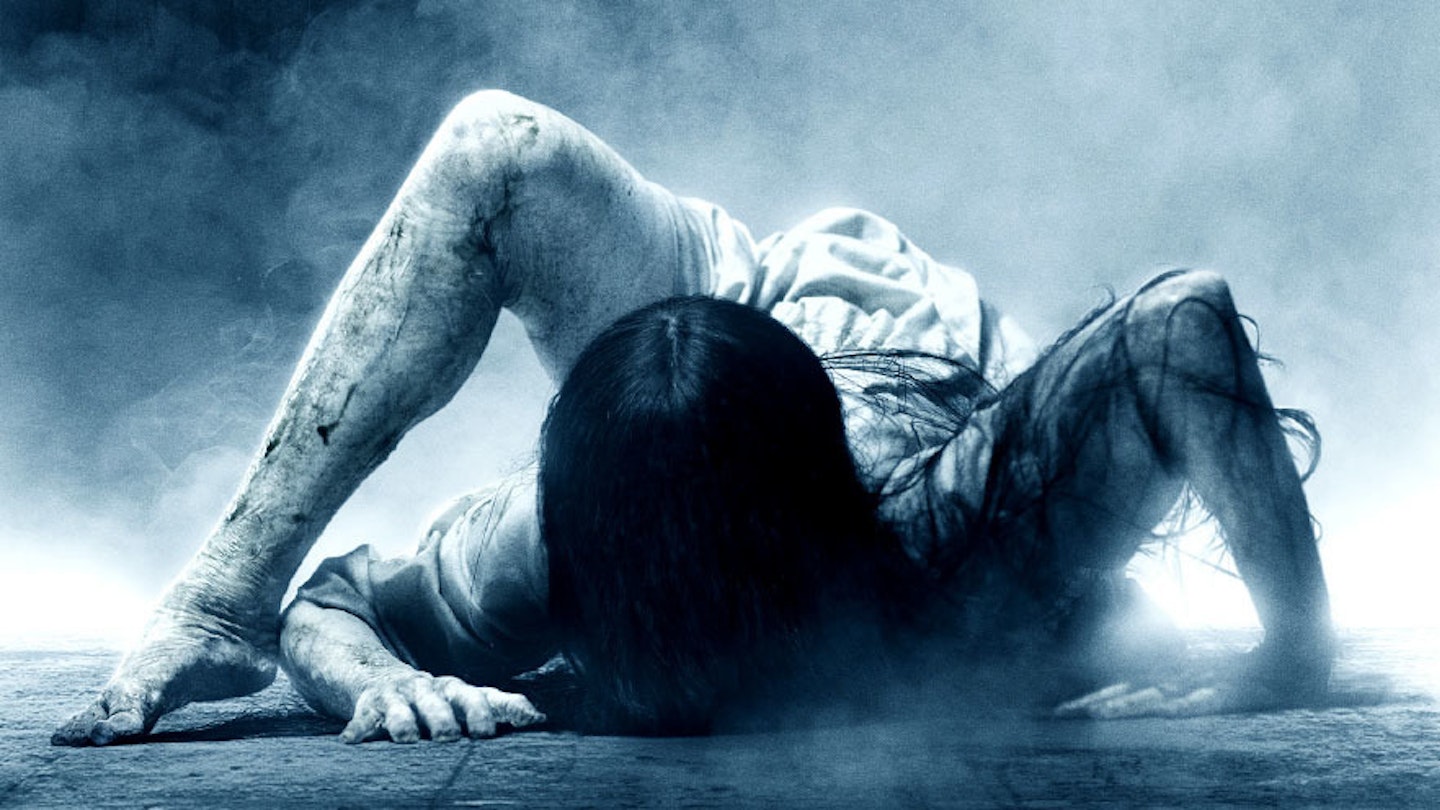
.jpg?ar=16%3A9&fit=crop&crop=top&auto=format&w=1440&q=80)
